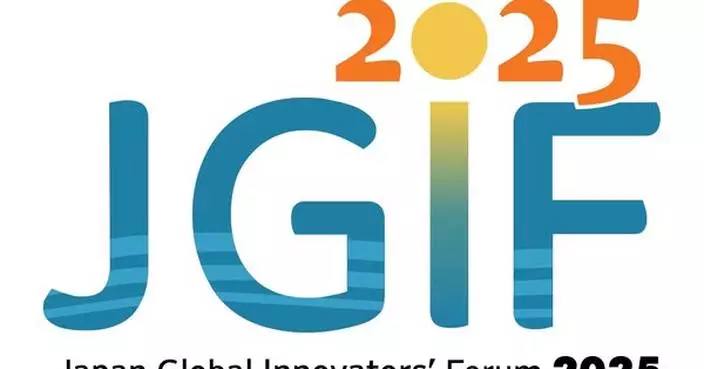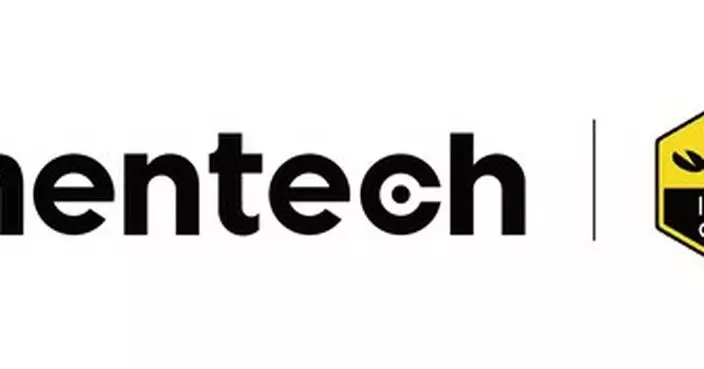ARMONK, N.Y., Dec. 13, 2024 /PRNewswire/ -- The IBM (NYSE: IBM) Institute for Business Value today published its latest 'Automotive 2035' study which reveals an industry grappling with an erratic transition away from current products and business models.
The study highlights that over the next decade, 80% of new cars will have a powertrain that will be electrified to some extent, according to respondents. The findings also reveal that:
The study is a data-led analysis of automotive and mobility industries developments over the next 10 years and is based on 1230 interviews with senior executives from automotive OEMs, suppliers, and surrounding industries across 9 countries.
"The shift to software-defined vehicles (SDVs) was cited by the majority of industry executives as the key to future brand developments," said Jeff Schlageter, Automotive Industry General Manager IBM. "It is indicated that vehicle value may no longer be limited to initial features and functionality—it would be earned over the life of the vehicle by continuously providing superior customer experiences with new applications and subscription-based services for drivers."
The study highlights that the industry is preparing to offer deeper, more personalized user experiences that are enabled by digital capabilities. Currently just 21% of research & development budgets are currently allocated to software and digital developments, but respondents expect this to nearly triple to 58% by 2035.
The research also reveals gridlock at the heart of SDV developments. The traditional approach to vehicle architecture—where software for a single domain (such as brakes) is delivered separately from another domain (such as airbags) through individual electronic control units (ECUs)—is no longer sustainable for the SDV era.
To reach a future where cars are truly digital products, automakers need a sweeping overhaul of current electrical and software architectures. The technical challenge of separating software and hardware layer is seen as the top challenge. 77% of the senior executives say they are facing a lack of software development tools and methodologies. Of equal concern, 74% of respondents say a strong mechanical-driven culture is making it difficult to switch to a software-driven product development.
Jeff Schlageter added, "By harnessing the power of cloud combined with AI, automakers can explore new ideas, test different software configurations, and gather valuable insights to inform the development of innovative SDV features. Using AI to analyze vast volumes of data, identify patterns, and make predictions, automakers can accelerate SDV enhancements and create personalized experiences for customers."
The scope and scale of issues around the development of SDVs are further discussed in depth in a LinkedIn Live broadcast today, jointly hosted by IBM and General Motors in Detroit. A recording of the event can be found here.
IBM's 'Automotive 2035' study represents the 4th edition of the automotive industry longitudinal study which started with 'Automotive 2020' published in August 2008. The full report can be found here.
Study Methodology
The IBM Institute for Business Value (IBM IBV), in cooperation with Oxford Economics, surveyed 1,230 C-level automotive executives in nine countries in Q3 2024. 40% of the sample represented automotive OEM and EV companies, 40% auto suppliers, and 20% ecosystem players. Participants were asked a range of questions in various formats. They were asked about their organization's expectations, results, concerns, and barriers for transition to software-defined, electrified future.
About IBM
IBM is a leading provider of global hybrid cloud and AI, and consulting expertise. We help clients in more than 175 countries capitalize on insights from their data, streamline business processes, reduce costs and gain the competitive edge in their industries. More than 4,000 government and corporate entities in critical infrastructure areas such as financial services, telecommunications and healthcare rely on IBM's hybrid cloud platform and Red Hat OpenShift to affect their digital transformations quickly, efficiently and securely. IBM's breakthrough innovations in AI, quantum computing, industry-specific cloud solutions and consulting deliver open and flexible options to our clients. All of this is backed by IBM's long-standing commitment to trust, transparency, responsibility, inclusivity and service. Visit www.ibm.com for more information.
Media Contact
Ken Saunders
IBM Global External Relations Manufacturing & Energy Industries
saundken@uk.ibm.com
+44 7887 830 036
** The press release content is from PR Newswire. Bastille Post is not involved in its creation. **
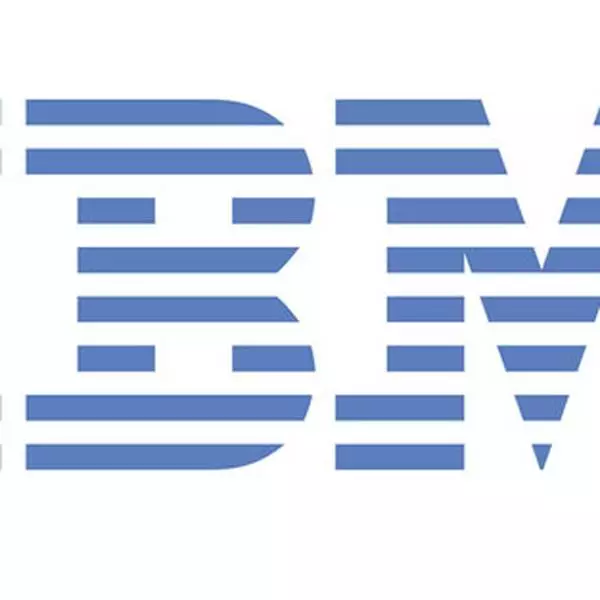
IBM Study: Vehicles Believed to be Software Defined and AI Powered by 2035
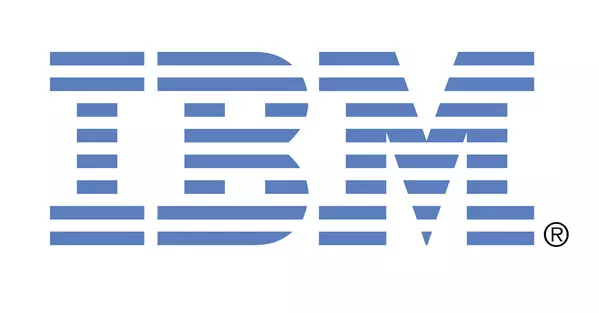
IBM Study: Vehicles Believed to be Software Defined and AI Powered by 2035
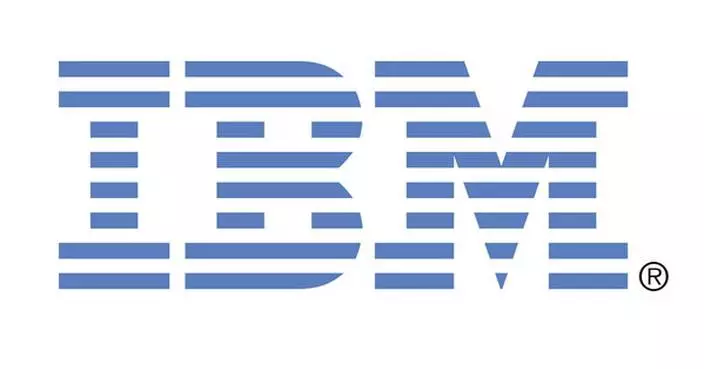
IBM Study: Vehicles Believed to be Software Defined and AI Powered by 2035
Kimberly-Clark Expanding Investments in India
BENGALURU, India, Dec. 26, 2024 /PRNewswire/ -- Kimberly-Clark, a global leader in essential personal and family care products, continues to increase its commitment to India through its Global Digital Technology Center (GDTC) in Bengaluru.
Established in 2018 with an initial investment of $2.5 million, the Bengaluru GDTC has seen remarkable growth, expanding its size by eight times in just five years. The center focuses on key areas and digital capabilities such as Data and Analytics, Artificial Intelligence (AI) including Generative AI, Machine Learning (ML), Cloud Transformation, Global Digital Operations & Automation, Digital Sales and Marketing, and Digital Supply Chain – all of which help drive efficiencies and improve customer experiences. Over the next three years, the GDTC plans to continue its expansion, focusing on advancing AI/ML capabilities and developing innovative digital solutions to boost operational efficiency and customer engagement. These capabilities further enhance Kimberly-Clark's ability to deliver on its global Powering Care strategy – shared earlier this year – and, in turn, strengthen its longstanding commitment to consumer-centricity.
While the Bengaluru GDTC is driving Kimberly-Clark's technological advancements, it's also contributing to India's broader tech and innovation ecosystem. By collaborating with local startups, academic institutions, and industry partners, the center aims to foster cutting-edge solutions.
"Our Bengaluru GDTC is a testament to Kimberly-Clark's deep-rooted commitment to innovation and the immense breadth of Indian talent," said Zack Hicks, Chief Digital and Technology Officer, Kimberly-Clark. "In just five years, the center has evolved into a key growth engine for our digital strategies, delivering AI-powered commercial and supply chain solutions, and pioneering advancements in modern manufacturing. Looking ahead, we remain focused on further investing in India, leveraging the country's outstanding talent and technological expertise to shape the future of Kimberly-Clark and pioneer industry-leading innovation in our core categories."
The integration of data and advanced analytics is at the core of the Bengaluru GDTC's success. By leveraging AI/ML algorithms built on their enterprise data lake, the team is also optimizing sales predictions, refining pricing strategies for e-commerce, and automating routine tasks such as order entry and invoice processing. In 2024, efforts in Gen AI platforms originating from the GDTC improved the employee productivity by up to 25%, and the development of AI-powered sales and revenue analytics drove a 10% improvement in sales execution across regions like Europe, the Middle East, and Africa. These innovations not only streamline operations and reduce costs but also boost accuracy and efficiency.
One of the center's major achievements is the development of Maestro, an AI-powered supply chain orchestration platform that has delivered more than $20 million in global savings for Kimberly-Clark. Another transformative innovation is the Warehouse Automation Platform, which seamlessly integrates warehouse robotics with supply chain systems, reducing new solution deployment timelines from 18 months to 4 months, and generating savings exceeding $50 million. The GDTC's collaborative efforts have also resulted in the creation of Procuree 3.0, an inhouse Source-to-Pay chatbot powered by Generative AI that enhances Kimberly-Clark's procurement processes across 42 countries and 14 languages.
Recently, the GDTC held its third Digital Hackathon under the theme 'UNLOKC 2024,' bringing together Kimberly-Clark employees and technology partners to develop digital solutions that contribute to business opportunities in areas such as supply chain, marketing, and finance. Over 130 innovative ideas were submitted within four weeks, and the 7 project finalists were awarded by the Digital Technology global leadership team during the Hackathon's final event in Bangalore. These finalists will receive support to develop their projects in the near future.
As Kimberly-Clark's largest technology hub, the Bengaluru GDTC is positioned to remain a critical driver of growth and innovation on a global scale. With plans to continue attracting top-tier talent and expanding its technological capabilities, the center is set to play a pivotal role in shaping the future of the company and its global tech ecosystem.
About Kimberly-Clark:
Kimberly-Clark (NYSE: KMB) and its trusted brands are an indispensable part of life for people in more than 175 countries. Fueled by ingenuity, creativity, and an understanding of people's most essential needs, we create products that help individuals experience more of what's important to them. Our portfolio of brands, including Huggies, Kleenex, Scott, Kotex, Cottonelle, Poise, Depend, Andrex, Pull-Ups, GoodNites, Intimus, Plenitud, Sweety, Softex, Viva and WypAll, hold No. 1 or No. 2 share positions in approximately 70 countries. We use sustainable practices that support a healthy planet, build strong communities, and ensure our business thrives for decades to come. We are proud to be recognized as one of the World's Most Ethical Companies(R) by Ethisphere for the sixth year in a row and one of Fortune's Most Innovative Companies in America in 2024. To keep up with the latest news and to learn more about the company's 150-year history of innovation, visit the Kimberly-Clark website.
** The press release content is from PR Newswire. Bastille Post is not involved in its creation. **
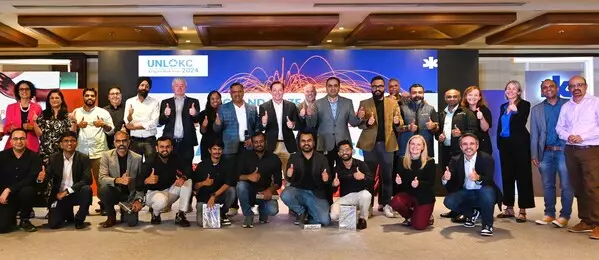
India's Thriving Tech Hub Fuels Kimberly-Clark's Digital Transformation







